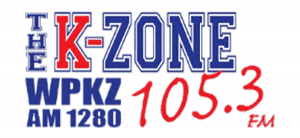CANTON — As winter temperatures continue to drop, the sponsoring energy companies of the Massachusetts Good Neighbor Energy Fund and its administrator, The Salvation Army, encourage those who are struggling financially due to higher prices for necessities or other crises to apply for home energy assistance by visiting their local Salvation Army Corps Community Center. […]
Your Hometown Radio
